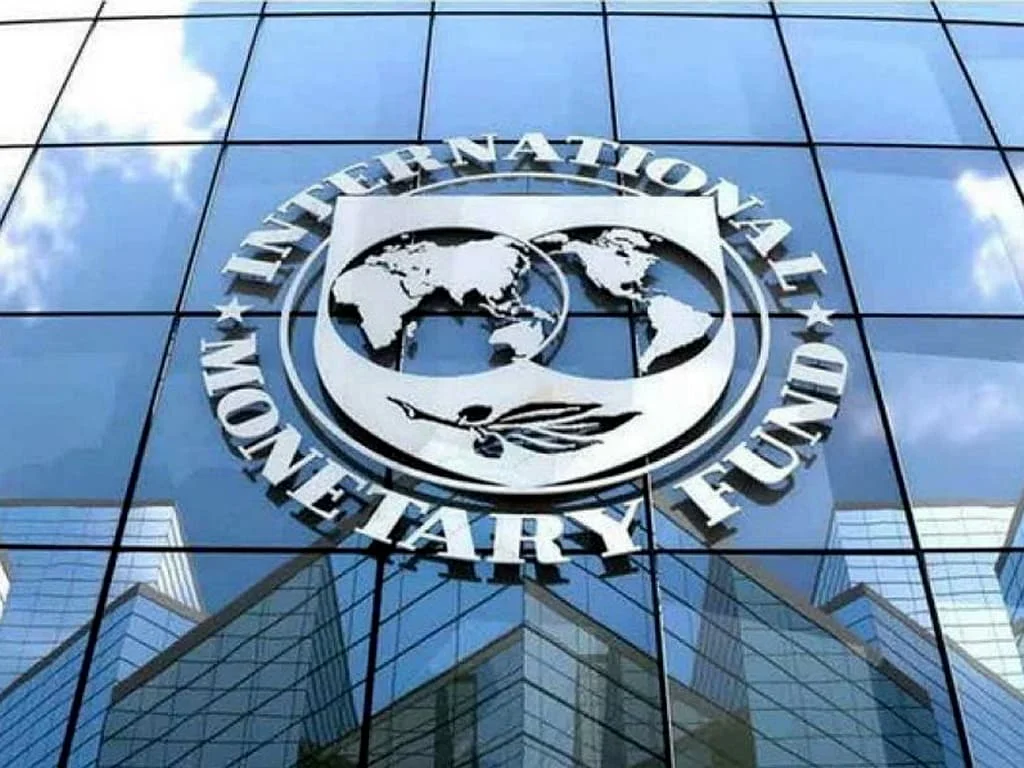In a diplomatic setback for India, the Executive Board of the International Monetary Fund (IMF) has approved financial support packages totaling $2.3 billion for Pakistan. The approval includes a $1 billion second tranche under the Extended Fund Facility (EFF) and a new $1.3 billion programme under the Resilience and Sustainability Facility (RSF).
India’s attempt to block the approval during the Executive Board meeting was unsuccessful, despite holding only 2.7% of the voting power. This marks India’s second high-profile defeat in less than three days, following reported losses to Pakistan in an aerial engagement involving five Indian fighter jets.
Pakistan’s economic team, led by Finance Secretary Imdad Ullah Bosal and Finance Minister Muhammad Aurangzeb, played a crucial role in maintaining momentum for the programme after earlier hurdles. Deputy Prime Minister Ishaq Dar also leveraged his political influence to secure provincial commitments, such as the introduction of Agriculture Income Tax in Sindh and Balochistan.
READ MORE: India Deploys Naval Fleet Near Karachi Amid Rising Tensions: Telegraph Report
The IMF will immediately release the $1 billion tranche under the EFF, bringing total disbursements under this programme to $2.1 billion. The new $1.3 billion RSF will be disbursed over the next 28 months. Adjustments in the 25th EFF review helped secure the deals, including a lowered tax collection target, a new deadline to restructure the Pakistan Sovereign Wealth Fund, and steps to open up the economy to foreign investment.
As part of the agreement, Pakistan has committed to introducing a carbon levy starting in July and raising water usage charges next year. The government also reluctantly agreed to initiate a study on phasing out the Special Economic Zones (SEZs) by 2035.
Pakistan has pledged to maintain fiscal discipline by avoiding supplementary grants and staying within budgeted expenditure levels. The country aims to reduce public debt while preserving development and social spending, ensuring space for private sector growth.




